The image of the Tata group has taken a bit of a knock over a leadership fight which attracted negative headlines. However, a special event in London demonstrated that despite its troubles, the corporation has not lost its drive to position itself as a brand leader on several fronts. More than 500 guests from the worlds of business, commerce, politics, and the media attended the Tata Innovation Showcase, its third annual reception in London. Tata, with its headquarters in India, has had a presence in Europe since 1907 and has grown massively since then, employing over 60,000 people across the region.
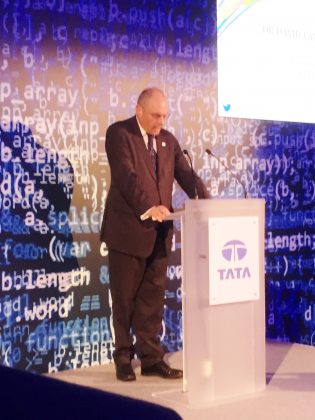
Dr. David Landsman
Dr. David Landsman, Executive Director of Tata Limited, explained the purpose of the event. “We have about 20 different Tata companies operating in the UK. What I would like people to go away with is an understanding that there is more to Tata than they think there is. Most people would have heard of Tata Steel, they will have heard of Jaguar Land Rover, but here this evening we have Tata communications connecting the Indian space program to the moon, we’ve got Tata consultancy services – one of the world’s largest IT companies, there’s Tata salt on display, and the Taj hotels with their luxury food and beverages, so I think really that there’s more to Tata than meets the eye in the UK.”
Visitors were encouraged to explore four themed rooms – Knowledge, Technology, Delight and Power – to understand how Tata products, services, and technology touch people’s lives every day. One example is a rural service platform which helps farmers in India to turn their mobile phones into intelligence centers. Real-time information on prices and alternative markets empowers them to realize the best value for their produce. At the high end of its services, one could learn more about Tata’s luxury hotels like St. James’ Court in the heart of London next to Buckingham Palace. The hotel’s classic themed series is devoted this year to Sherlock Holmes.
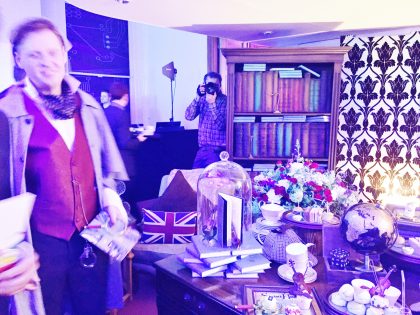
Recreation of Sherlock Holmes theme at St James Court Hotel
The Tata Innovation Show was held at the Royal Society in recognition of Tata group’s support for its prestigious University Research Fellowship (URF) scheme. Tata’s support of the scheme gives more young scientists and engineers the opportunity to access support and career development that the URF program provides. Sir Venki Ramakrishnan, President of the Royal Society, said:
“We are delighted to host the Tata group and its European companies at the Royal Society. To someone growing up in India, the name Tata was legendary. Today, Tata has spread far beyond India to become a global company, and it is wonderful to see Tata companies driving UK innovation as well as investing in the future via initiatives such as the Royal Society’s University Research Fellowships.”
Dr. Landsman underlined that the Tata group’s strength lay in its partnerships, which is why it continues to support the Hay Festival, one of the UK’s most established and respected cultural and educational events. A special joint project is Hay Levels, a series of short and inspiring films for A-level students in which the greatest teachers from around the world offer bite-sized answers to the big questions.
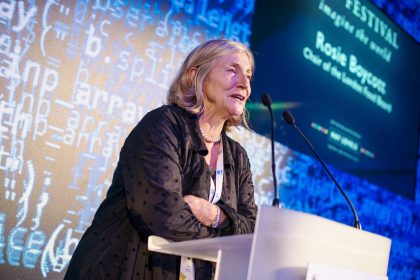
Rosie Boycott
Hay Levels speaker at the Tata Innovation Showcase, Rosie Boycott, Chair of the London Food Board, said:
“The food system is creating the biggest preventable disease that we have ever known.
“Food, which is every bit as important and is consumed by every single one of us, should be under some sort of control. Because even if it doesn’t kill you immediately, it does harm you over time.”
The inevitable question is what impact Brexit is likely to have on Tata operations in the EU and UK. Dr. Landsman sounded optimistic: “We’ve been in the UK for over a hundred years; we’re very committed to the UK, and I’m sure we will be staying in the UK. Each of our businesses is in a different sector, and the way in which the UK leaves the European Union and the arrangements it makes will affect each sector very differently… There are a lot of issues, a lot of challenges to all business whether it is in the UK or the rest of Europe, as more business comes along, as more automation comes along, we’ve got to look at a lot of things. Brexit is one of them, but there are others, too, like skills development, for example, and I’m sure we will still be absolutely committed to the United Kingdom; each business will need to look at the details as we go forward.”
Although Tata had been rocked by its leadership crisis after Ratan Tata stepped down as chairman, the innovation showcase provides evidence that the business empire, established in 1868, continues to thrive and is a leading player both in India and Europe. Its founder, Jamsetji Tata, had he lived today, would have been proud to see that Tata plays a global role in driving innovation, and inspiring new advances in science, technology, and service with the aim of creating a better world.
The author, Rita Payne, is a journalist and media consultant, and President Emeritus of the Commonwealth Journalists Association, in addition to being an Adviser for Asian Affairs magazine and The Democracy Forum. Other positions include: member of the editorial board, Round Table, Commonwealth Journal on International Affairs; executive board member, Commonwealth Human Rights Initiative; and Vice-President, Uniting for Peace. Rita writes for a range of publications covering politics, the media, culture, travel, and tourism. She is invited to moderate or speak at public meetings and on TV and radio on topical issues and participate in workshops and seminars in the UK and abroad. She has moderated key dialogues at Habitat III in Quito, UN World Urban Forums in Rio de Janeiro and Nanjing, and chaired sessions at the One World Media Festival and Rotary World Peace Symposium. She was a member of the Commonwealth Election Observer Missions to the Solomon Islands and Sierra Leone. She worked for nearly 30 years at the BBC until 2008. Her last position at the BBC was Asia Editor, BBC World News (TV) with responsibility for 3 news programs a day. Before moving to TV, Rita was a news editor/producer/presenter at BBC World Service radio. She was nominated for the BBC Global Reith Awards 2009 and Asian Woman of Achievement Awards 2006. She was born in Assam, India. Article and photos © Rita Payne. ritapaynemedia.com


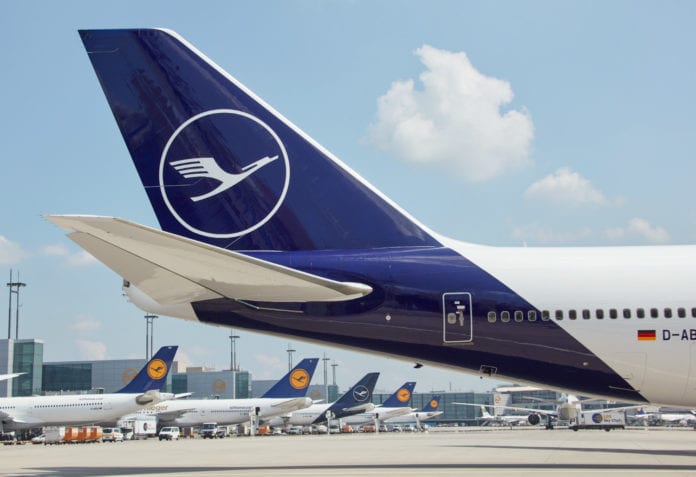
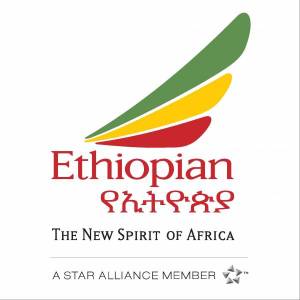




Leave a Comment